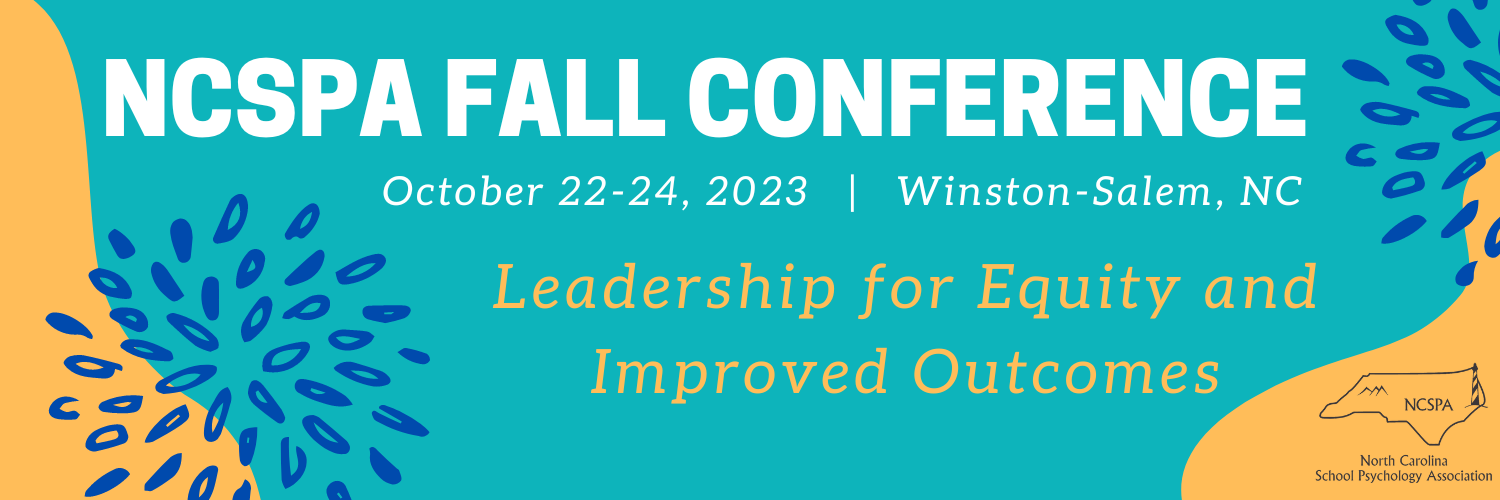|
||||||||||||||||||||
In-person participants have the option of participating in any of the sessions.
|
||
In-person |
Virtual |
|
|
2:00 pm - 3:30 pm |
2:00 pm - 3:30 pm Techniques For Working With Teen Boys Andrew P. Smiler, PhD |
2:00 pm - 3:30 pm Understanding the Role of Working Memory in Academic Learning Milton J. Dehn, EdD |
Session Descriptions & Learning ObjectivesUnless otherwise noted, each session meets criteria for NASP and APA approved credit hours. |
Finding Your Leadership Groove
Don Phipps, MEd
Superintendent, Caldwell County Schools
This session is designed to encourage and inspire school psychologists to find and grow in leadership roles in their work assignments. Mr. Phipps is the 2023 NC State Superintendent of the Year and has been a superintendent since 2010. He started his professional career as a school psychologist and will share authentic, practical example and experiences.
Participants will be able to:
- Identify potential leadership opportunities within the education field
- Reflect on professional strengths
- Describe the professional value and transferability of our role as school psychologists
Techniques For Working With Teen Boys
Andrew P. Smiler, PhD, LPA
Owner, Evaluation and Education Services, LLC
Boys have higher rates of learning disabilities and poorer conduct than girls, making them more likely to require the services of a school psychologist or associated professional. The American Psychological Association (2018) recently recommended that treatments and interventions but adjusted for boys gender, but many professionals have not been trained how to make those adjustments. In this session, Dr. Smiler will provide a range of techniques for improving connection to, and thus efficacy in working with, (teen) boys. Particular, but not exclusive, attention is given to the ways in which male norms and expectations (aka, masculinity) can facilitate or impair boys’ willingness to disclose their problems and accept help.
Participants will be able to:
- Describe at least three models of teamwork that boys are readily familiar with and how to apply these in the school setting
- List two strategies for creating/improving trusting relationships with boys
- List two strategies for helping boys gain a sense of control/empowerment over their academic performance
Understanding the Role of Working Memory in Academic Learning
Milton J. Dehn, EdD
Director, Schoolhouse Educational Services
The relations between working memory and academic learning are well established. Students with specific learning disabilities frequently have underlying deficits in working memory. This session will review these relations, the working memory construct, and the neurological basis of working memory. This will be followed by details on evidence-based working memory interventions for specific learning problems.
Participants will be able to:
- Describe how working memory affects reading, math, written expression, and academic performance
- Recognize the key brain regions involved in working memory
- Identify several evidence-based interventions for working memory deficits



